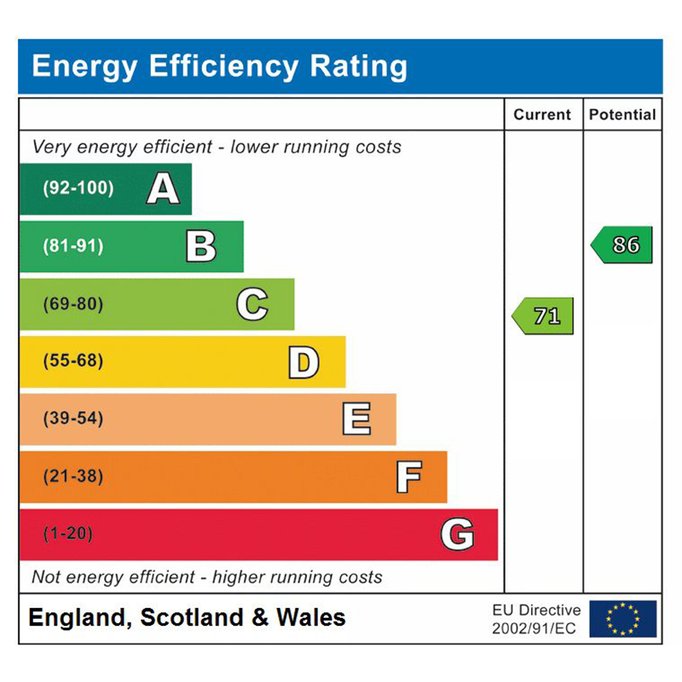What is an EPC Survey for Commercial Buildings?
A Commercial EPC is designed specifically for commercial structures and evaluates insulation levels, heating systems, and air conditioning. The survey also investigates how energy is used in the building, including lighting, ventilation, and hot water. The survey will generate a report with an EPC rating ranging from A to G, with A being the most efficient.
This rating can be used to compare the energy efficiency of different buildings, and it also provides insight into the potential for energy-saving measures, such as loft insulation. The EPC survey can also help businesses save money on their energy bills by identifying areas where energy consumption can be reduced. All EPC's are valid for 10 years.













